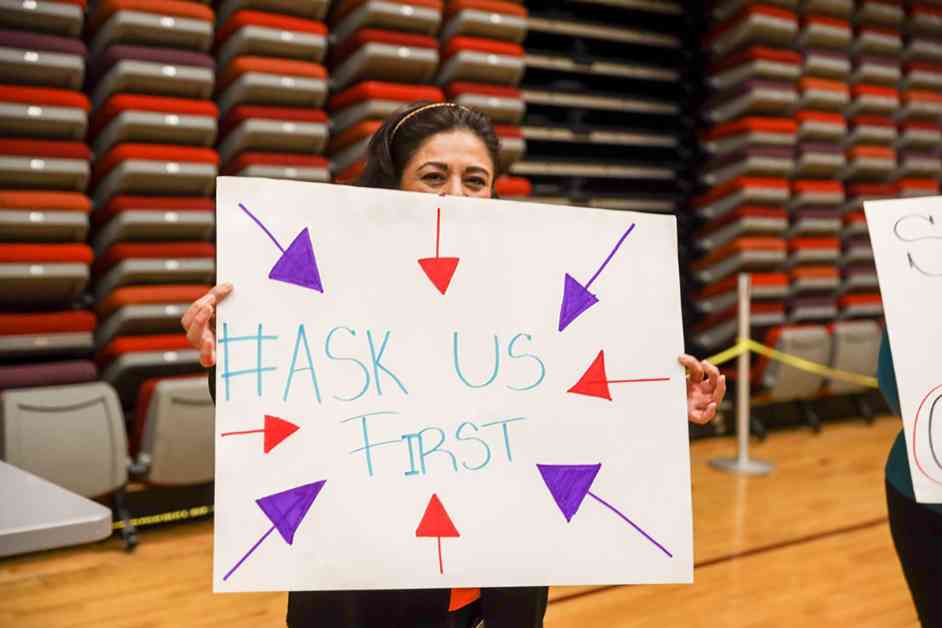Chicago Elects First School Board Members: What’s Next for Education in the Windy City?
In a historic turn of events, Chicago recently held its first-ever school board election, ushering in a new era of governance for the city’s public schools. Consuelo Martinez de Ferrer, a parent, community representative, and seasoned member of Back of the Yards College Prep’s Local School Council, shared her thoughts on the outcome. Describing the election as “un poco bien,” or kind of good in Spanish, Martinez de Ferrer acknowledged the high turnout and voters’ perseverance through the ballot.
However, like many others, Martinez de Ferrer expressed disappointment that ordinary parents like her were not able to secure seats on the board. Despite four parents of current students winning seats, three of them were backed by moneyed interest groups, and one is a former CPS principal. Martinez de Ferrer highlighted the importance of having parents who understand the day-to-day operations of schools and what changes are needed to enhance children’s classroom experiences.
Adam Parrott-Sheffer, a candidate who lost his bid for the District 10 seat, echoed Martinez de Ferrer’s sentiments, emphasizing the lack of true grassroots governance in the election. He underscored the need for those closest to the schools to have a greater voice in shaping education policies. However, running for a school board position presented significant challenges for ordinary parents, including a demanding signature requirement, an expensive campaign process, and the prevalence of campaign mudslinging and misinformation.
Despite these obstacles, Chicagoans turned out in impressive numbers to vote in the school board election, with about 78% of voters participating in the races. The results reflected a diverse mix of winners, including candidates endorsed by the Chicago Teachers Union, school-choice supporters, and independent candidates, signifying a lack of clear dominance by any one interest group.
As the city prepares for the transition to a fully elected board, Mayor Johnson’s interim board has faced its own set of challenges. Board President Mitchell L. Ikenna Johnson’s resignation following controversial social media posts has left a vacant seat, with speculation about the remaining appointments focusing on achieving diversity and representation reflective of the CPS student body.
Looking ahead, the incoming mix of elected and appointed board members will need to navigate complex issues such as budget deficits, personnel matters, and strategic governance. While the road ahead may be bumpy, there is optimism that with proper training and a focus on student-centered priorities, the new board can bring about positive changes in Chicago’s education landscape.
As discussions on improving the campaign and electoral processes continue, grassroots efforts to reduce the influence of money in school board races and ensure fair representation for all candidates are gaining momentum. With ongoing challenges and opportunities on the horizon, one thing remains clear: local schools need the support and involvement of Chicagoans now more than ever to shape the future of education in the city.


